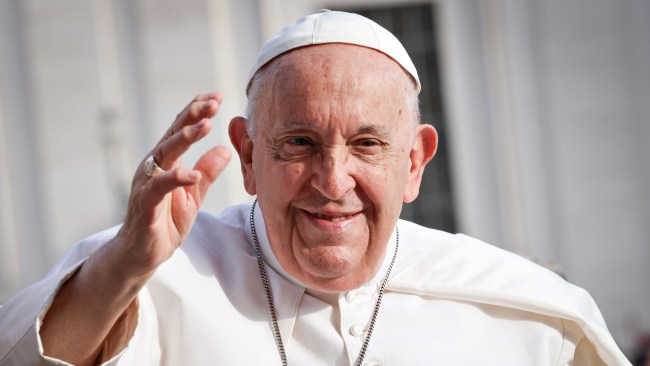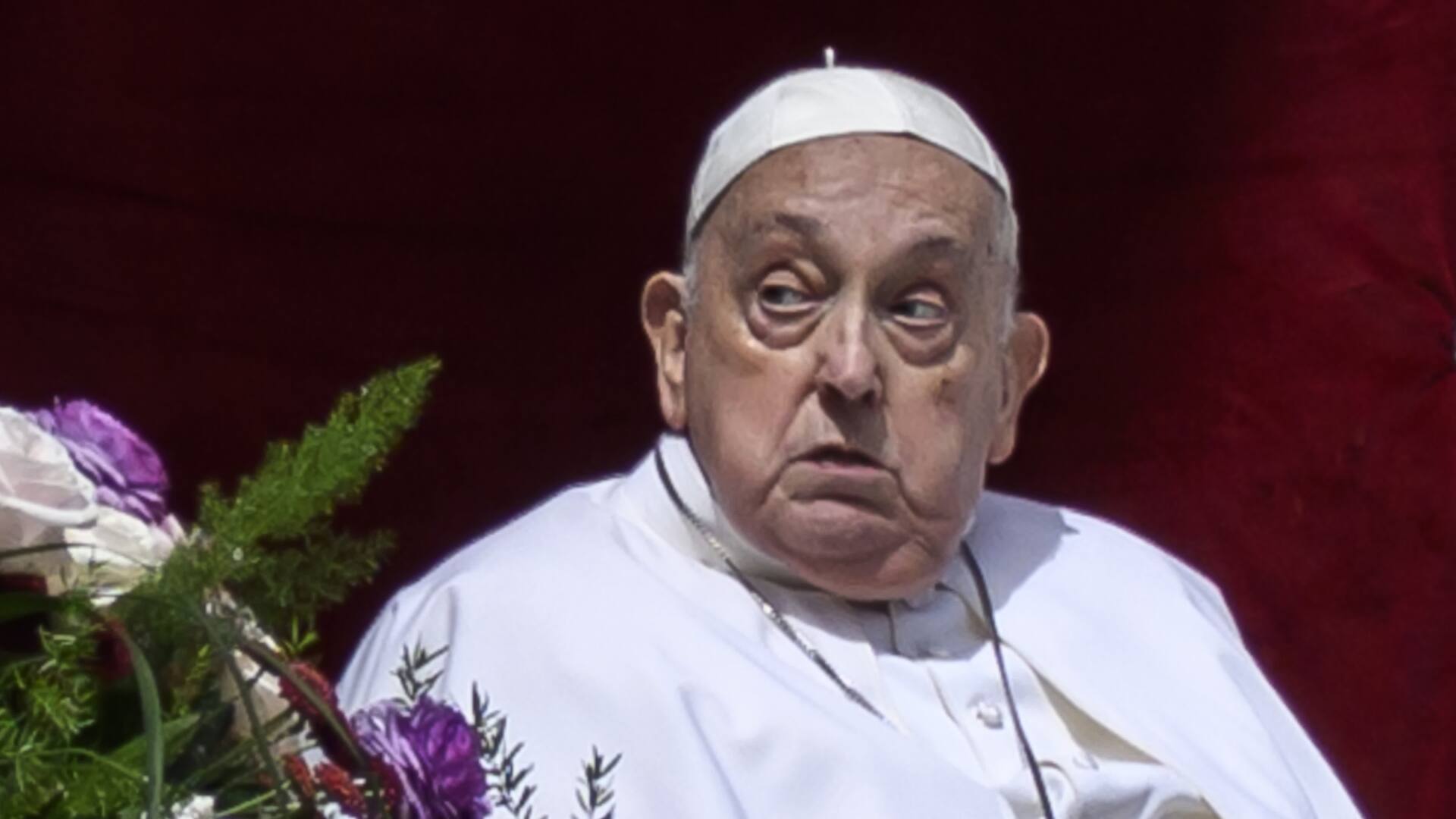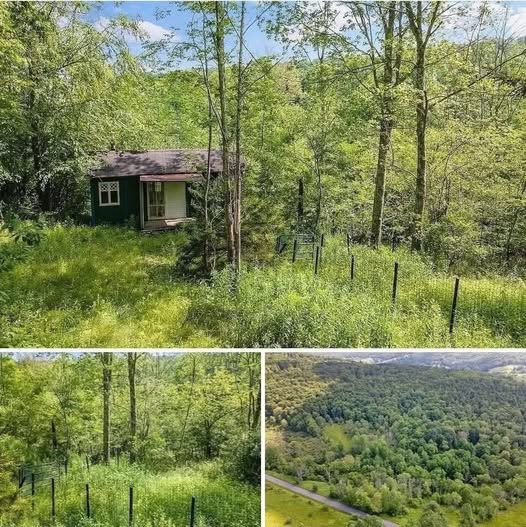The Vatican has confirmed Pope Francis, Bishop of Rome and head of the Catholic Church, has died in the early hours of Easter Monday following a history of respiratory issues.
Pope Francis dies at the age of 88
Pope Francis, Bishop of Rome and head of the Catholic Church, has died in the early hours of Easter Monday morning at the age of 88, the Vatican has confirmed.
“Dear brothers and sisters, it is with profound sadness I must announce the death of our Holy Father Francis,” Cardinal Kevin Farrell announced on the Vatican’s TV channel.
“At 7:35 this morning the Bishop of Rome, Francis, returned to the house of the Father.”
The Argentina-born progressive religious figure was the first Latin- American to lead the Roman Catholic Church. His death comes after a history of “complex” respiratory issues.

Pope Francis, Bishop of Rome and head of the Catholic Church, has died in the early hours of Easter Monday morning at the age of 88, the Vatican has confirmed. Picture: Getty
On February 14, the pontiff was taken to Rome’s Gemelli Hospital for bronchitis which he had been suffering from for weeks.
A few days later, the Vatican announced Francis had developed pneumonia in both lungs and his condition remained “complex”.
Following his bouts of suffering, thousands of the Pope’s faithful followers came together in St Peter’s Square to pray for his health, while others left flowers and cards in front of Rome Hospital where he was staying.
Just last month, the Holy See Press Office released a statement confirming the Holy Father’s condition remained “stable”, after doctors determined he was no longer in imminent danger following a 25 -day stay in hospital.
The pontiff’s voice was heard for the first time on March 6, when he was well enough to thank doctors and nurses for treating him with “thoughtfulness” and “tenderness” during his prolonged stay in the hospital.
Despite his ill health, he

Sky News host Peta Credlin discusses the sudden death of Pope Francis at the age of 88.
Born Jorge Mario Bergoglio in Buenos Aires, Francis was ordained as a Catholic priest in 1969 and served as the Jesuit provincial superior in Argentina from 1973 to 1979.
Francis later became the archbishop of Buenos Aires in 1998 and was created a cardinal in 2001 by Pope John Paul II.
Following the resignation of Pope Benedict XVI, a papal conclave elected Francis as the new Pope in March 2013.
Francis quickly became regarded as more progressive than his recent predecessors, taking relatively liberal stances on social issues including homosexuality and advocating about the risks of climate change.
Francis, who led the Argentine Church during civil unrest in the country in 2001, was also a vocal critic of the rise of far-right populism in Europe and South America.
